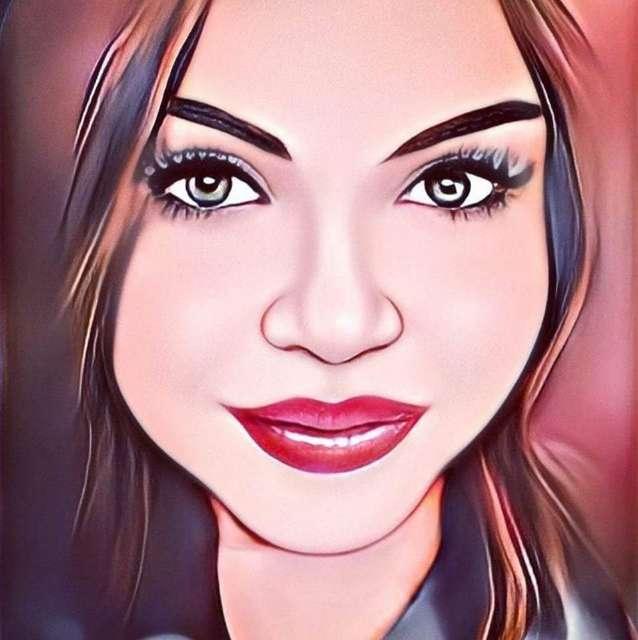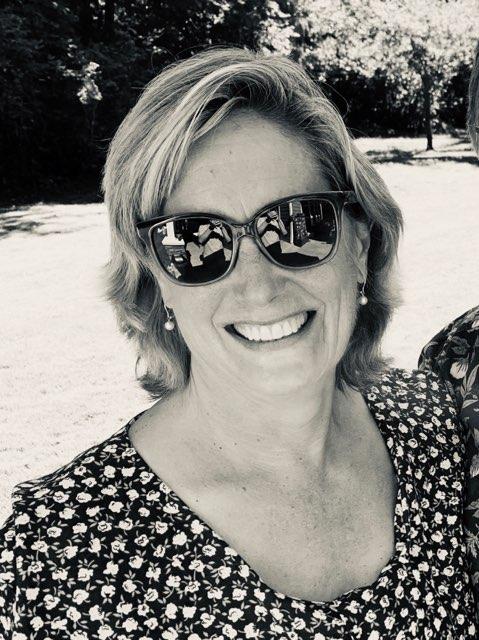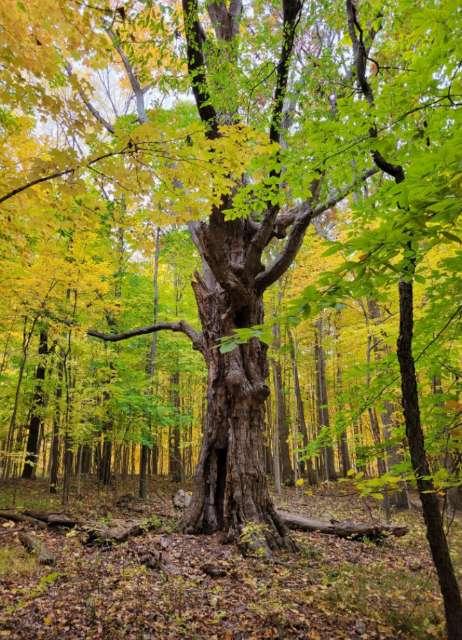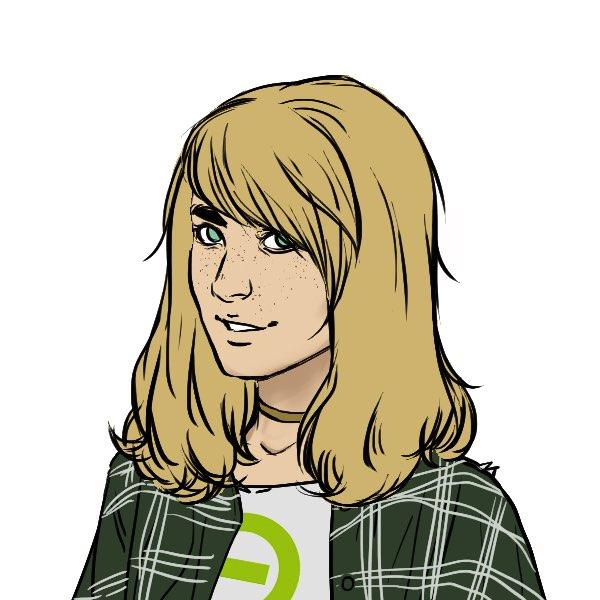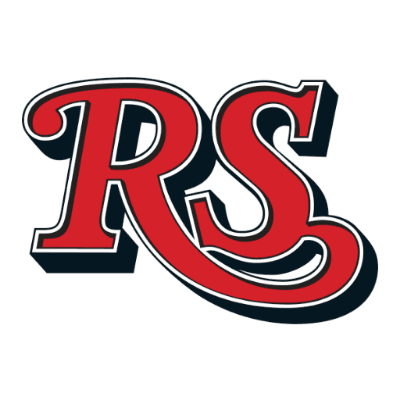Brave New World
3.8
(38.6K)
Aldous Huxley
Huxley's bleak future prophesized in Brave New World was a capitalist civilization which had been reconstituted through scientific and psychological engineering, a world in which people are genetically designed to be passive and useful to the ruling class. Satirical and disturbing, Brave New World is set some 600 years ahead, in "this year of stability, A.F. 632"--the A.F. standing for After Ford, meaning the godlike Henry Ford. "Community, Identity, Stability," is the motto. Reproduction is controlled through genetic engineering, and people are bred into a rigid class system. As they mature, they are conditioned to be happy with the roles that society has created for them. The rest of their lives are devoted to the pursuit of pleasure through sex, recreational sports, the getting and having of material possessions, and taking a drug called Soma. Concepts such as family, freedom, love, and culture are considered grotesque. Against this backdrop, a young man known as John the Savage is brought to London from the remote desert of New Mexico. What he sees in the new civilization a "brave new world" (quoting Shakespeare's The Tempest). However, ultimately, John challenges the basic premise of this society in an act that threatens and fascinates its citizens. Huxley uses his entire prowess to throw the idea of utopia into reverse, presenting us what is known as the "dystopian" novel. When Brave New World was written (1931), neither Hitler nor Stalin had risen to power. Huxley saw the enduring threat to society from the dark side of scientific and social progress, and mankind's increasing appetite for simple amusement. Brave New World is a work that indicts the idea of progress for progress sake and is backed up with force and reason.
Science Fiction
AD
More Details:
Author
Pages
Publisher
Published Date
Community ReviewsSee all
"Its the suffering, discomfort, and instability that make life worth living<br/><br/>"Happiness is pretty squalid in comparison to the overcompensations for misery. Being contended has none of the glamour of a good fight against misfortune, none of the picturesqueness of a struggle with temptation, or a fatal overthrow of passion or doubt. Happiness is never grand""
"“But I don't want comfort. I want God, I want poetry, I want real danger, I want freedom, I want goodness. I want sin.”"
Regina Simmons
Similar Books

3.9
3.9
4.3
4.5
4.5

4
3.8
4
4.1
3.5
3.9
4.1
4
4.2
